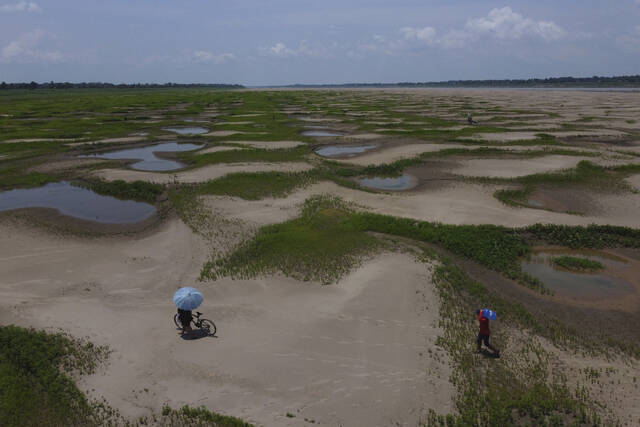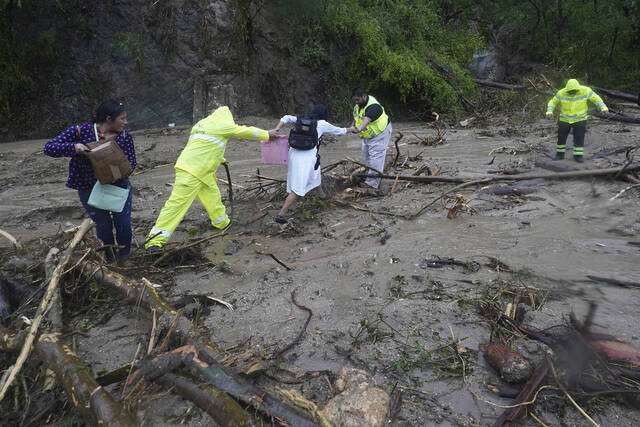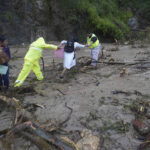This October was the hottest on record globally, 1.7 degrees Celsius (3.1 degrees Fahrenheit) warmer than the pre-industrial average for the month — and the fifth straight month with such a mark in what will now almost certainly be the warmest year ever recorded.
October was a whopping 0.4 degrees Celsius (0.7 degrees Fahrenheit) warmer than the previous record for the month in 2019, surprising even Samantha Burgess, deputy director of the Copernicus Climate Change Service, the European climate agency that routinely publishes monthly bulletins observing global surface air and sea temperatures, among other data.
“The amount that we’re smashing records by is shocking,” Burgess said.
After the cumulative warming of these past several months, it’s virtually guaranteed that 2023 will be the hottest year on record, according to Copernicus.
Scientists monitor climate variables to gain an understanding of how our planet is evolving as a result of human-generated greenhouse gas emissions. A warmer planet means more extreme and intense weather events like severe drought or hurricanes that hold more water, said Peter Schlosser, vice president and vice provost of the Global Futures Laboratory at Arizona State University. He is not involved with Copernicus.
“This is a clear sign that we are going into a climate regime that will have more impact on more people,” Schlosser said. “We better take this warning that we actually should have taken 50 years ago or more and draw the right conclusions.”
This year has been so exceptionally hot in part because oceans have been warming, which means they are doing less to counteract global warming than in the past. Historically, the ocean has absorbed as much as 90% of the excess heat from climate change, Burgess said. And in the midst of an El Nino, a natural climate cycle that temporarily warms parts of the ocean and drives weather changes around the world, more warming can be expected in the coming months, she added.
Schlosser said that means the world should expect more records to be broken as a result of that warming, but the question is whether they will come in smaller steps going forward. He added that the planet is already exceeding the 1.5 degrees Celsius (2.7 degrees Fahrenheit) of warming since pre-industrial times that the Paris agreement was aimed at capping, and that the planet hasn’t yet seen the full impact of that warming. Now, he, Burgess and other scientists say, the need for action — to stop planet-warming emissions — is urgent.
“It’s so much more expensive to keep burning these fossil fuels than it would be to stop doing it. That’s basically what it shows,” said Friederike Otto, a climate scientist at Imperial College London. “And of course, you don’t see that when you just look at the records being broken and not at the people and systems that are suffering, but that — that is what matters.”



















